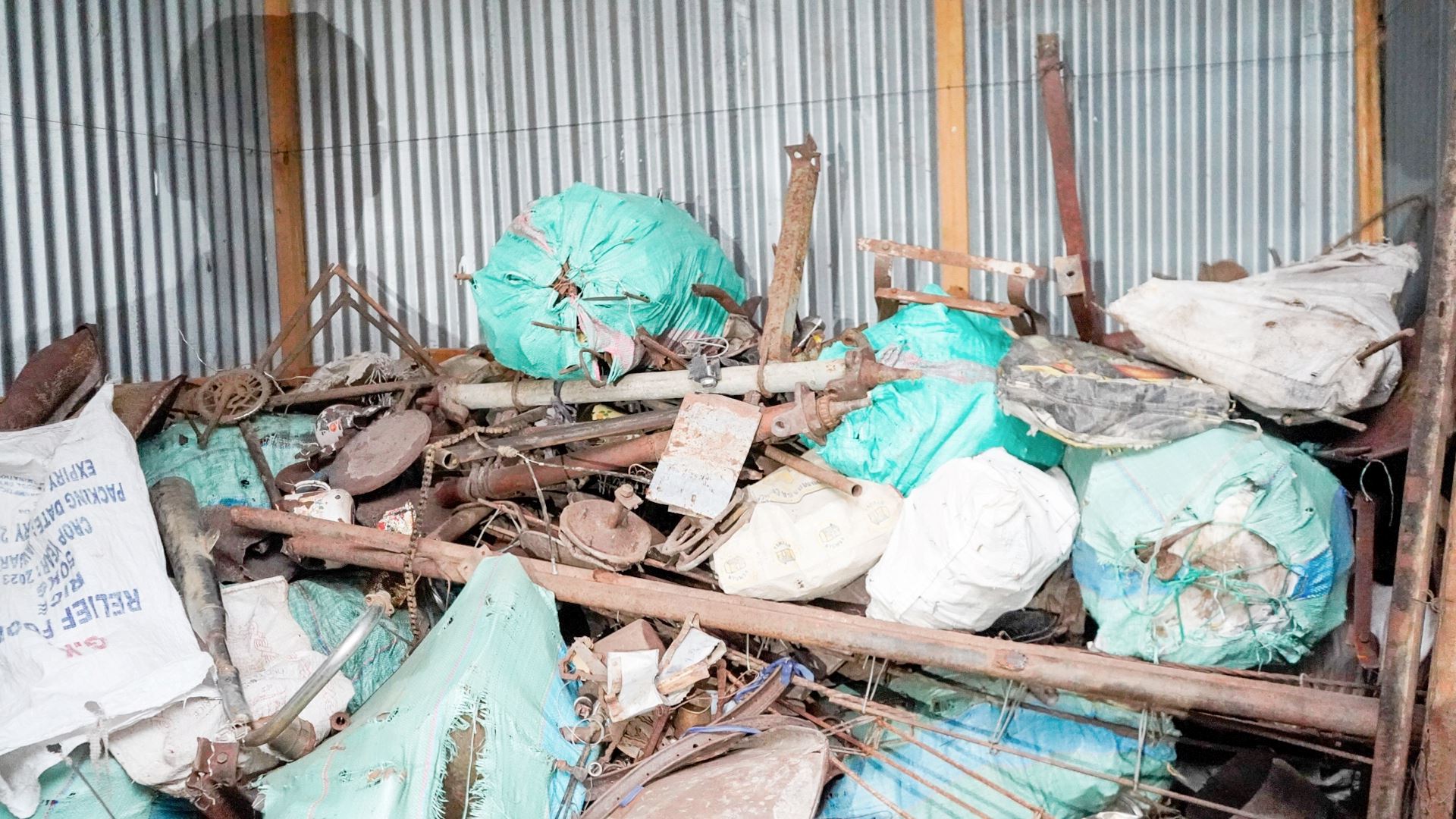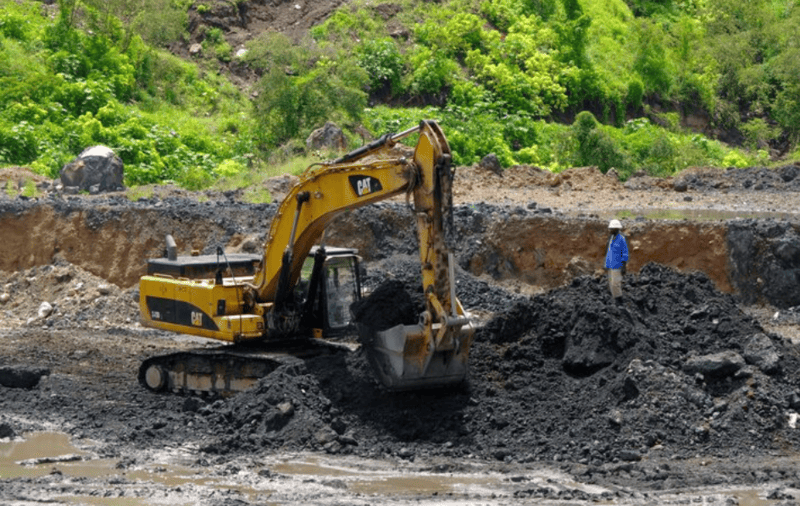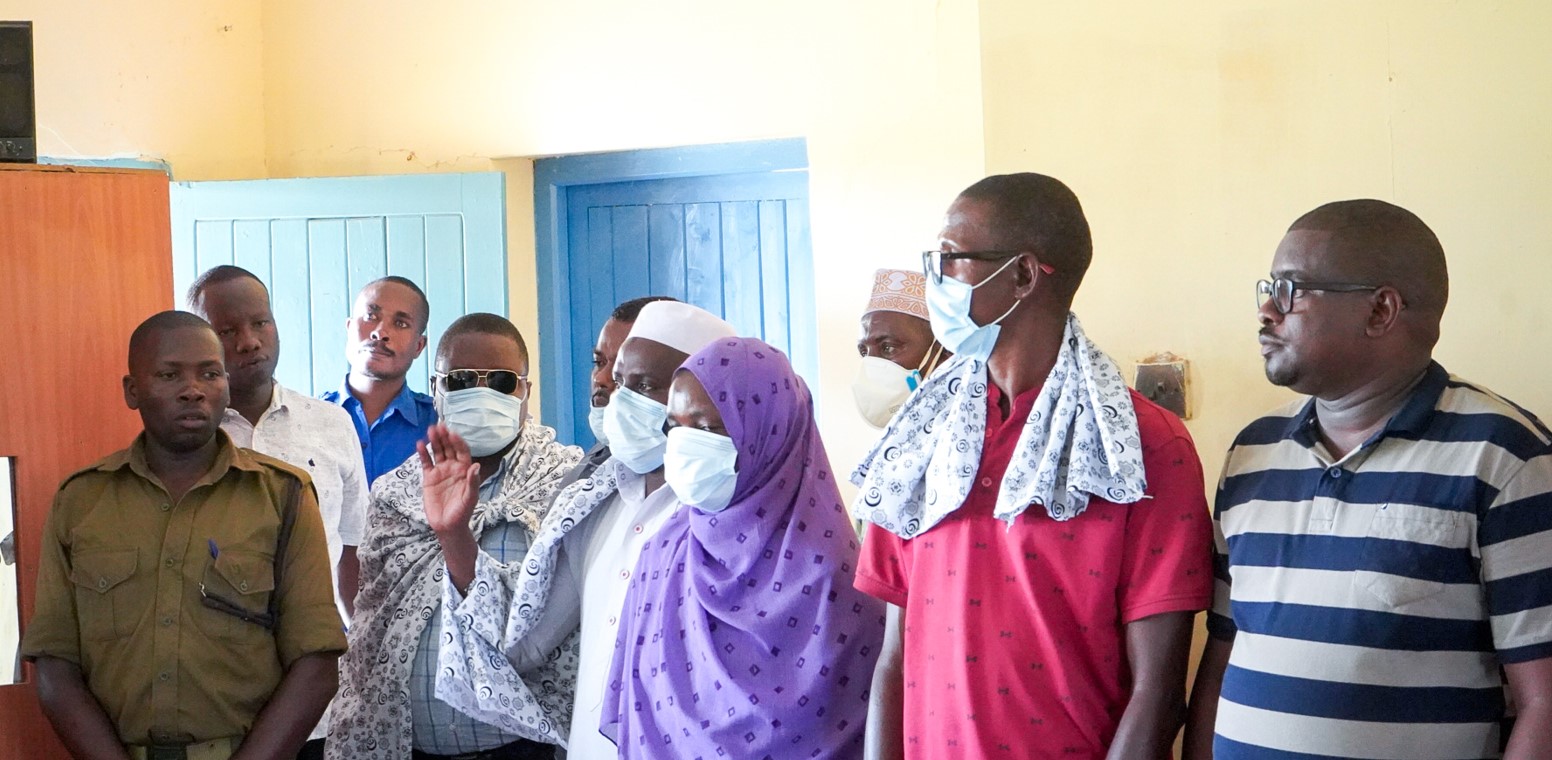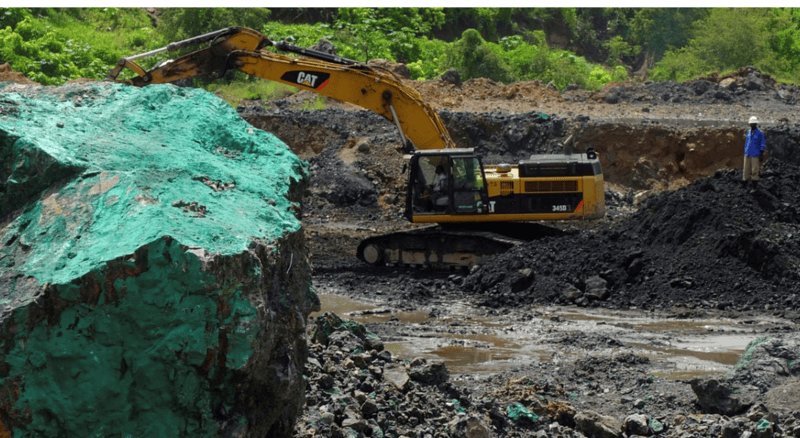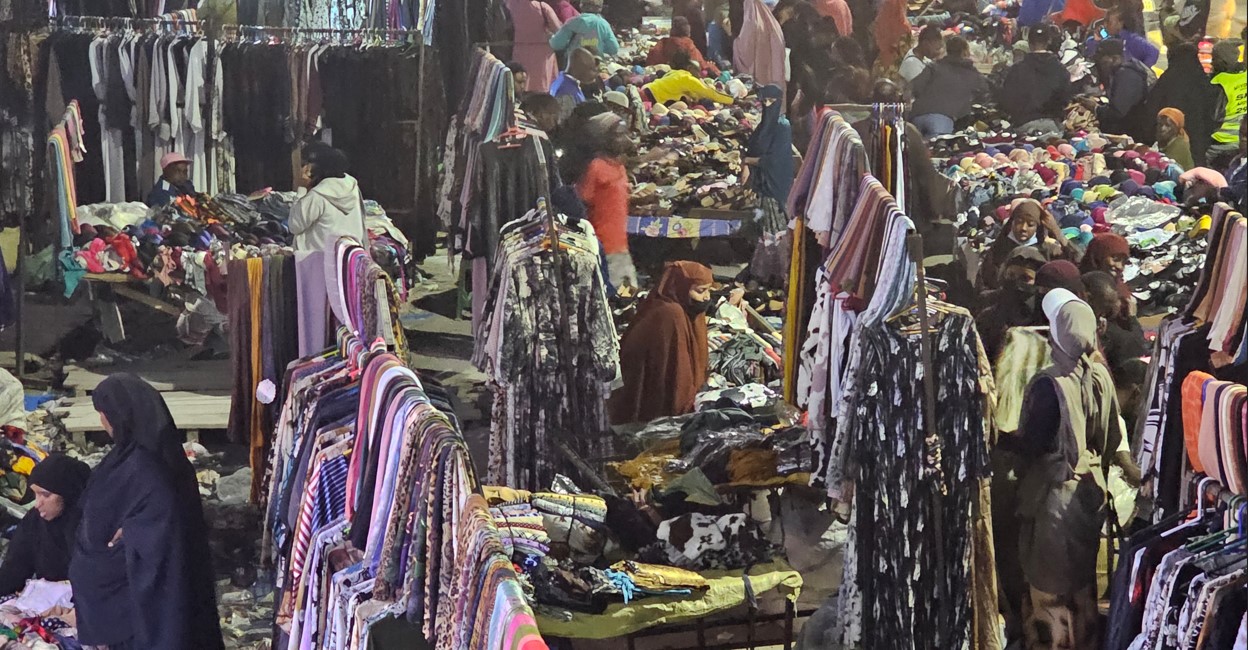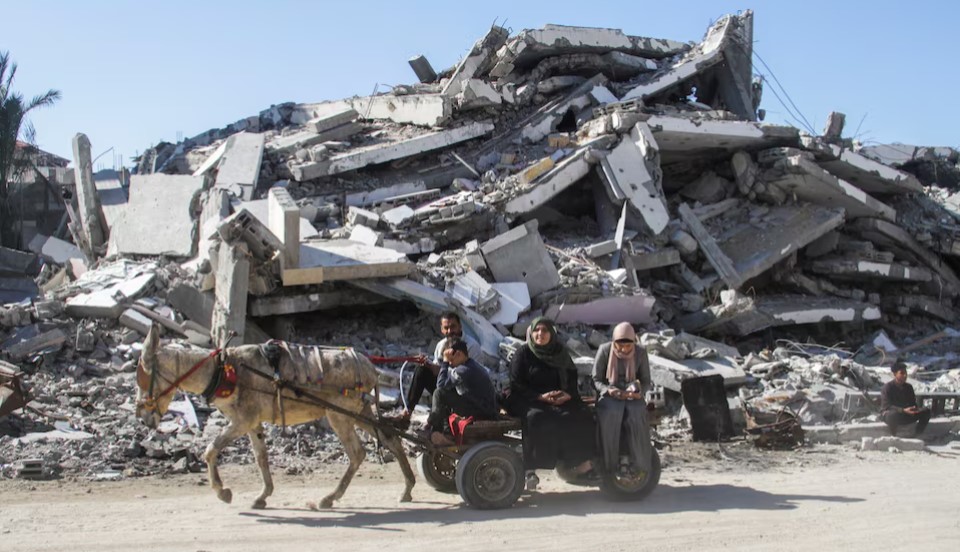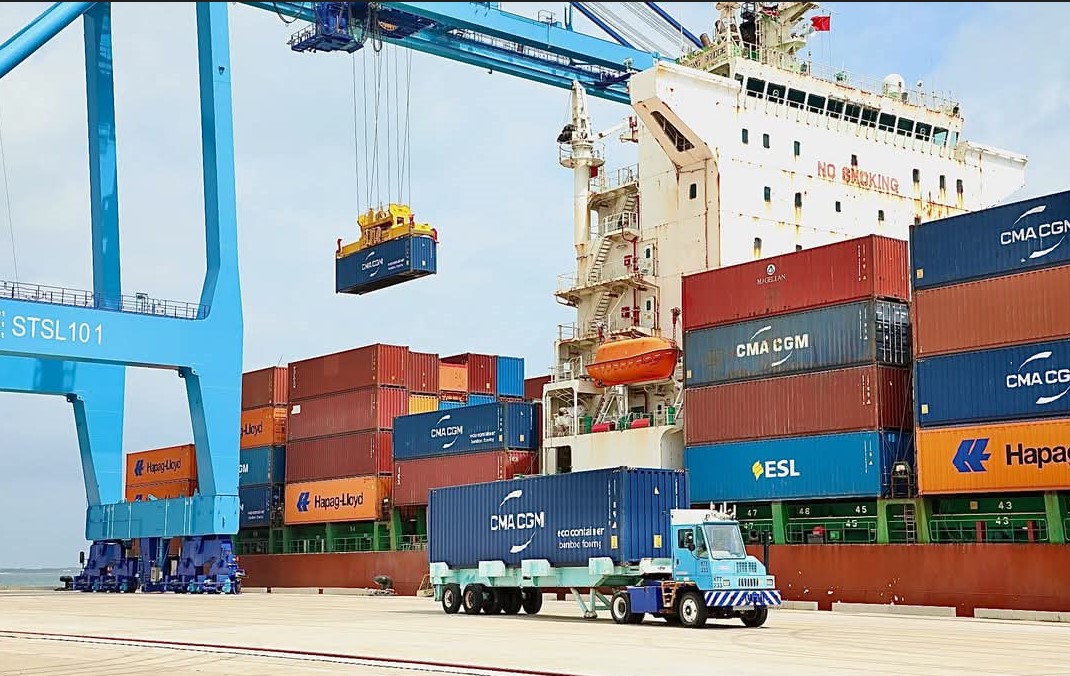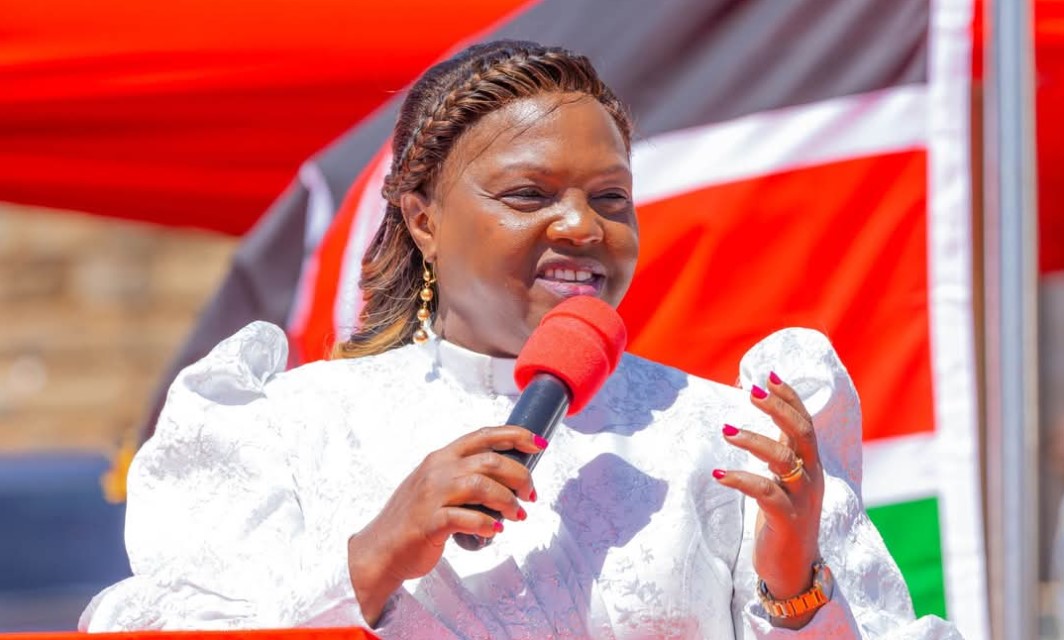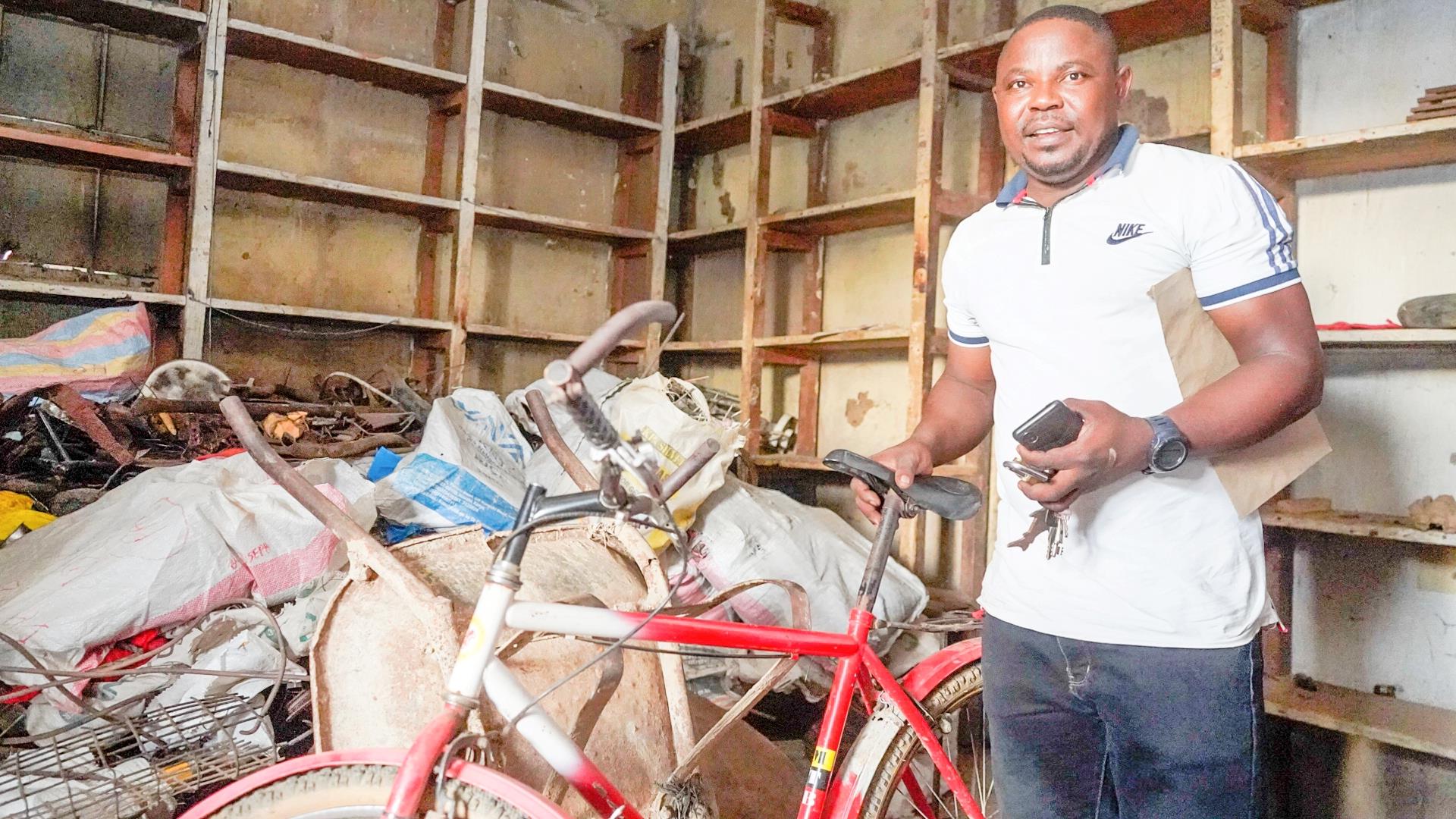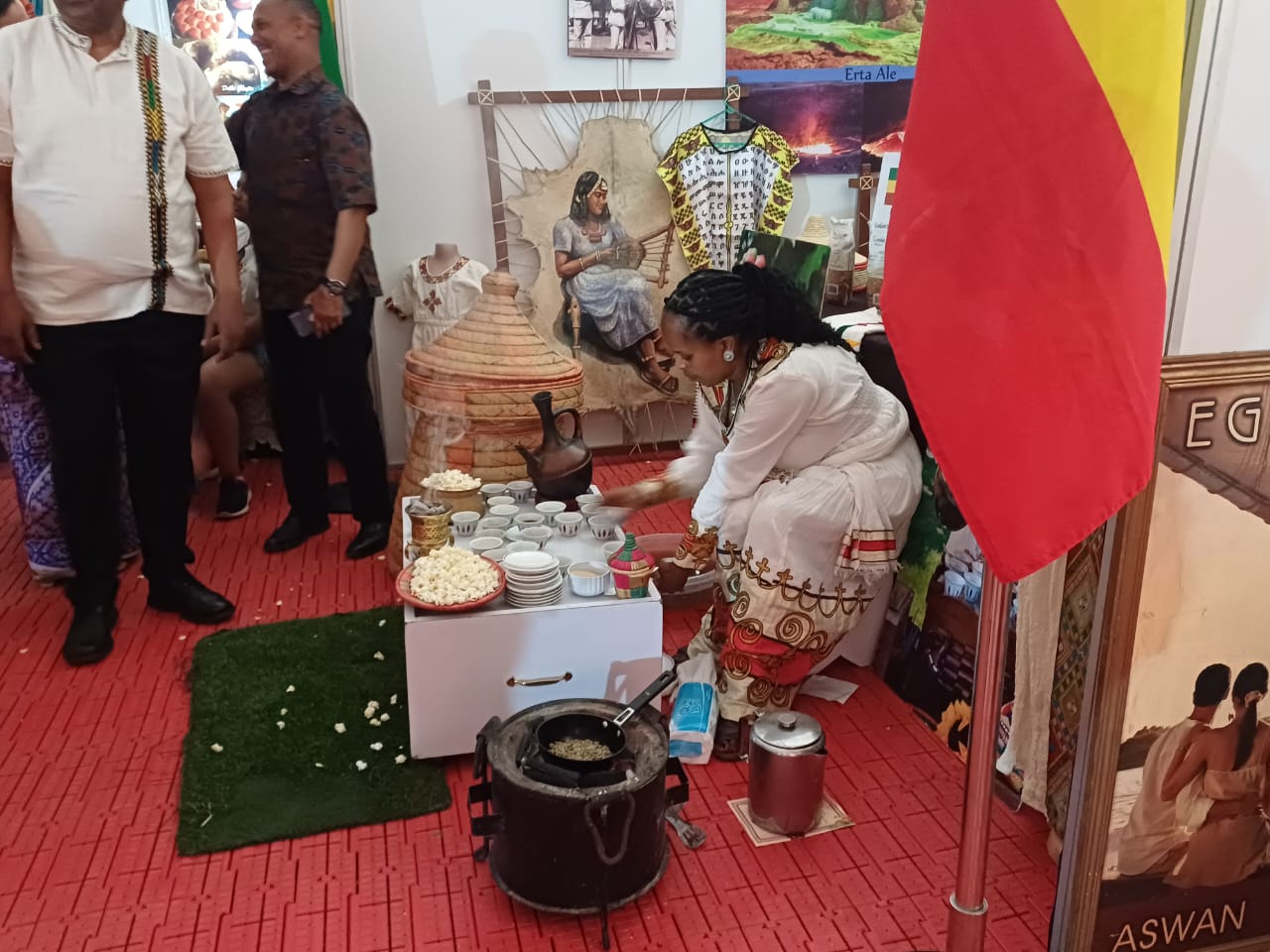For Muguka addicts, poor health, loss of sleep are a constant
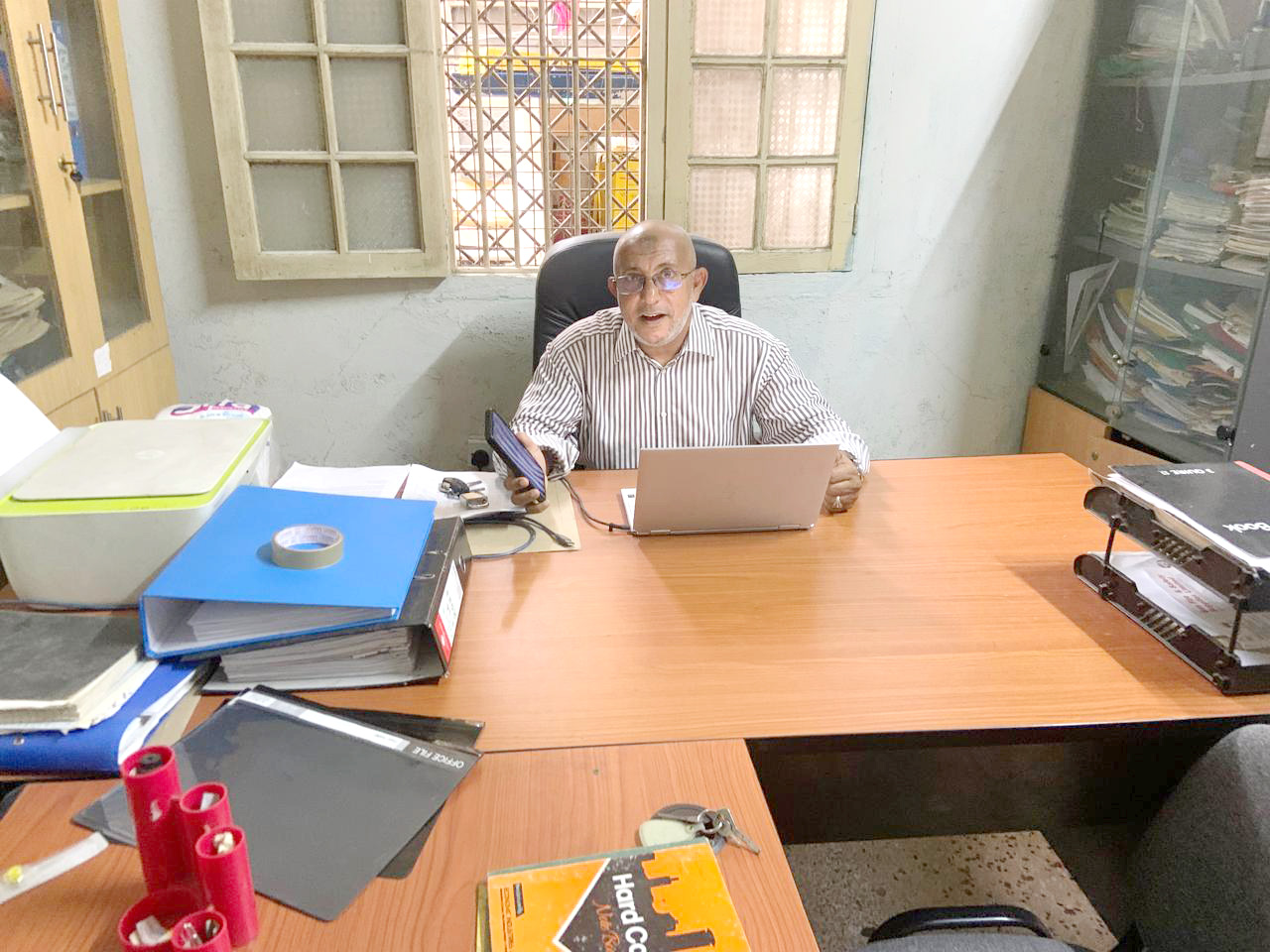
For the past few weeks, political and religious leaders from the Coastal counties have reaffirmed their stance on banning muguka
Local men who have been consuming muguka for years have come forward to share their harrowing experiences with the stimulant, highlighting the severe health complications they endure daily.
Muguka, a variant of the khat plant, is known for its stimulating effects. However, its prolonged use has been linked to various health issues, including insomnia, malnutrition, and psychological problems.
More To Read
A recent investigative report by The Eastleigh Voice shed light on the grim reality of muguka addiction, particularly in the Kisauni area of Mombasa. Here, amidst the maze-like streets, hundreds of youths find solace in the numbing embrace of muguka, oblivious to the world around them. Maskanis, once vibrant hubs of activity, now stand as silent witnesses to the tragedy unfolding within their walls.
In a candid interview with The Eastleigh Voice, a muguka addict, his eyes glazed and demeanour subdued, revealed the harrowing depths of his addiction. "I'm a regular user," he confessed, his voice tinged with resignation. "I spend approximately Sh250 daily on Muguka." It's a staggering sum for a substance that offers fleeting respite from the harsh realities of life in Mombasa.
Other Topics To Read
Another addict, who preferred to remain anonymous, disclosed that his long-term use of muguka has led to significant health problems that impact his everyday life. "When I chew muguka, I get sleepless nights and loss of appetite, which makes me weak," he said.
The user described how the sleeplessness exacerbates his daytime fatigue, leaving him unable to perform even routine tasks efficiently. The loss of appetite has resulted in noticeable weight loss and general weakness, compounding his health woes.
Venturing further into the heart of the crisis, the Eastleigh Voice reporter visited the Muslim Education and Welfare Association (MEWA) rehabilitation centre in Kisauni. What he found was a sobering testament to the scale of the problem. Over 106 addicts were undergoing treatment, their journeys marked by pain, desperation, and a glimmer of hope for redemption.
Since 2020, MEWA has been at the forefront of the battle against muguka addiction, offering support and medication to those who seek refuge from its grasp. Abdalla Badhrus, programme manager in charge of harm reduction at the Muslim Education and Welfare Association spoke of the myriad challenges faced by muguka addicts seeking help.
"We receive different addicts of muguka complaining of lack of sleep, mental issues, and lack of appetite," he said.
For numerous individuals, the path to healing is laden with challenges. Abdalla highlights how stigma and financial limitations serve as significant hurdles for those grappling with muguka addiction.
He notes that many muguka addicts remain in denial, refusing to acknowledge their issues. This denial, compounded by the societal stigma associated with addiction, frequently hinders individuals from seeking the support they require.
Abdalla appealed for government and well-wisher support to address the high costs of treatment to reach out to the addicts who need assistance since the financial burden of treating addiction further exacerbates the situation, leaving many trapped in a cycle of dependency with no means of escape.
 Mama Riziki. (Handout)
Mama Riziki. (Handout)
Mama Riziki, a distressed mother of four from Kisauni, exposed the harsh truth of raising her three children who have succumbed to muguka addiction. Her two sons, aged 33 and 28, along with her 27-year-old daughter, have been entangled in the throes of addiction for years, rendering them unproductive members of society. Despite her tireless efforts to provide them with quality education, Mama Riziki’s hopes of seeing her children achieve success have been shattered.
"I have been badly affected by this drug called muguka. It has made my three kids’ useless people in society, and I have to look after them instead of them looking after me now that I am very old," Mama Riziki told The Eastleigh Voice while waiting for one of her sons, who hadn't slept for two days after chewing muguka to receive help at MEWA Rehabilitation in Mlaleo, Kisauni.
The once hopeful mother now faces a daily struggle, feeding her grown children who have lost all sense of purpose and reality. Their father, overwhelmed by the situation, has given up, leaving Mama Riziki to bear the burden alone. She described her children as “mad persons,” lost in the grip of the drug.
“Every day from morning to evening, you find them chewing muguka without even thinking about what to eat. You wonder what sort of drug this is. One of the boys leaves home as early as 8:00 am and returns late at night, and when his father questions him, he turns violent and wants to beat up the father,” she said.
In a heartfelt plea, Mama Riziki called on Governor Abdulswamad Nassir to persist in his fight against the use of muguka to prevent other families from suffering the same fate.
“I am urging the governor to continue fighting this muguka so that those who are still chewing it don’t end up like my children because it’s very painful. A mother is happy when she sees her children prosper, but all I have is grief,” she said.
She also urged the national government to take a stand against the muguka menace instead of financing and supporting its business.
Recently, MEWA Health and Harm Reduction released a comprehensive situational assessment report examining the impact of stimulant use, specifically miraa and muguka, on the sexual behaviour of individuals aged 15 to 35 in Lamu and Mombasa.
The report highlighted muguka's significant usage among substances used to enhance sexual activity, calling for serious consideration of the stimulant’s effects on mental and emotional health.
For the past few weeks, political and religious leaders from coastal counties have reaffirmed their stance on banning muguka, rejecting a scheduled meeting with President William Ruto aimed at discussing the controversial stimulant. The leaders remain steadfast in their decision to prohibit the sale and transportation of muguka within their jurisdictions.
The ongoing debate over muguka has also intensified as various regions grapple with its social and economic impacts. Coastal leaders cite the need to address the adverse effects of the substance, which they argue has led to significant social issues within their communities.
On Sunday, Defence Cabinet Secretary Aden Duale threw his weight behind the ban, urging counties in North Eastern Kenya to implement similar measures. Duale emphasised the necessity of the ban, highlighting the myriads of social problems attributed to muguka consumption.
Vivid memories: One incident he witnessed was a deadly explosion at a political rally
Top Stories Today
